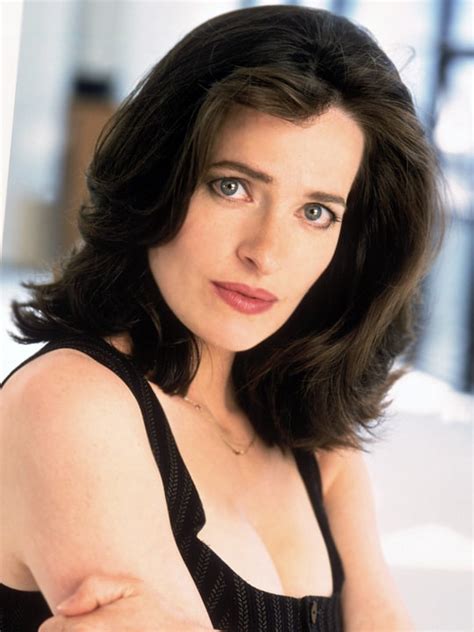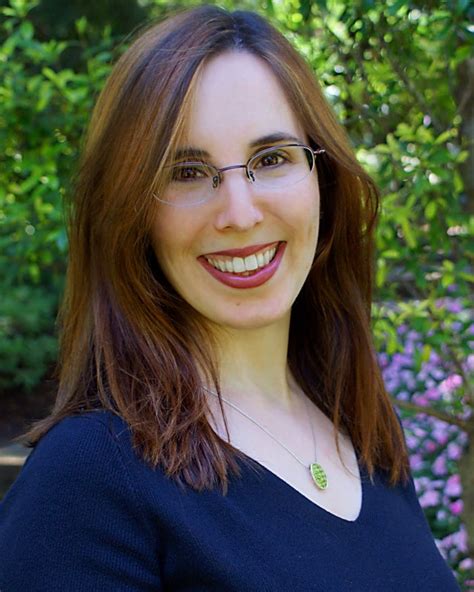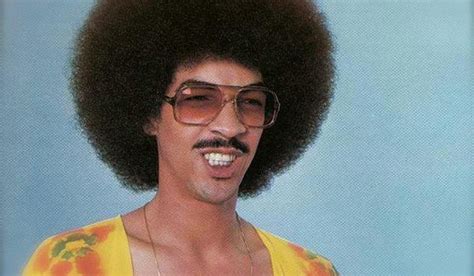A Quote by Vladimir Nabokov
You have to be an artist and a madman, a creature of infinite melancholy, with a bubble of hot poison in your loins and a super-voluptuous flame permanently aglow in your subtle spine (oh, how you have to cringe and hide!), in order to discern at once, by ineffable signs?the slightly feline outline of a cheekbone, the slenderness of a downy limbs, and other indices which despair and shame and tears of tenderness forbid me to tabulate?the little deadly demon among the wholesome children; she stands unrecognized by them and unconscious herself of her fantastic power.
Quote Topics
Among
Artist
Bubble
Children
Creature
Cringe
Deadly
Demon
Despair
Discern
Fantastic
Feline
Flame
Forbid
Her
Herself
Hide
Hot
How
Ineffable
Infinite
Limbs
Little
Madman
Me
Melancholy
Oh
Once
Order
Other
Outline
Permanently
Poison
Power
Shame
She
Signs
Slightly
Spine
Stands
Subtle
Super
Tears
Tenderness
Them
Unconscious
Voluptuous
Which
Wholesome
Your
Related Quotes
This all-pervading power is the power of divine love. It thinks. It organizes. It plans. It loves. It is the one which is the subtle of the ether, you can call it. It is the subtle of the matter. It is the subtle of your emotions. It is the subtle of your mental power. It is the subtle of your evolutionary power, but all integrated and coordinated in complete synchronization.
I was the subject of an experiment in love. I lived my life under her gaze, undergoing certain trials for her so that she would not have to undergo them for herself. But, how are our certainties forged, except by the sweat and tears of other people? If your parents don't teach you how to live; you learn it from books; and clever people watch you learn from your mistakes.
There was a warmth of fury in his last phrases. He meant she loved him more than he her. Perhaps he could not love her. Perhaps she had not in herself that which he wanted. It was the deepest motive of her soul, this self-mistrust. It was so deep she dared neither realise nor acknowledge. Perhaps she was deficient. Like an infinitely subtle shame, it kept her always back. If it were so, she would do without him. She would never let herself want him. She would merely see.
Lastly, she pictured to herself how this same little sister of hers would, in the after-time, be herself a grown woman; and how she would keep, through all her riper years, the simple and loving heart of her childhood: and how she would gather about her other little children, and make their eyes bright and eager with many a strange tale, perhaps even with the dream of Wonderland of long ago: and how she would feel with all their simple sorrows, and find a pleasure in all their simple joys, remembering her own child-life, and the happy summer days.
She suffers as a miser. She must be miserly with her pleasures, as well. I wonder if sometimes she doesn't wish she were free of this monotonous sorrow, of these mutterings which start as soon as she stops singing, if she doesn't wish to suffer once and for all, to drown herself in despair. In any case, it would be impossible for her: she is bound.
She regretted having taken his hand, she wanted to get away from there as soon as possible, to hide her shame, never again to see that man who had witnessed all that was most sordid in her, and who nevertheless continued to treat her with such tenderness. But again she remembered Mari's words: She didn't need to explain her life to anyone, not even to the young man standing before her.
When the soul is naughted and transformed, then of herself she neither works nor speaks nor wills, nor feels nor hears nor understands; neither has she of herself the feeling of outward or inward, where she may move. And in all things it is God who rules and guides her, without the meditation of any creature.... And she is so full of peace that thought she pressed her flesh, her nerves, her bones, no other thing come forth from them than peace.
A woman cannot live in the light of intellect. Society forbids it. Those conventional frivolities, which are called her 'duties', forbid it. Her 'domestic duties', high-sounding words, which, for the most part, are but bad habits (which she has not the courage to enfranchise herself from, the strength to break through), forbid it.
What? she said once to herself, and then once aloud, What? She felt a total displacement, like a spinning globe brought to a sudden halt by the light touch of a finger. How did she end up here, like this? How could there have been so much - so many moments, so many people and things, so many razors and pillows, timepieces and subtle coffins - without her being aware? How did her life live itself without her?
Do the Pentecostals look back with shame as they remember when they dwelt across the theological tracks, but with the glory of the Lord in their midst? When they had a normal church life, which meant nights of prayers, followed by signs and wonders, and diverse miracles, and genuine gifts of the Holy Ghost? When they were not clock watchers, and their meetings lasted for hours, saturated with holy power? Have we no tears for these memories, or shame that our children know nothing of such power?
She realized how many of her beliefs were either unrealistic or belonged to her deceased parents and her ex-husband. She also realized that her expectations for herself and others were sometimes too rigid. She was trying to live up to what everyone else said was best for her, which made her depressed and hard to be around at times. Once she changed her beliefs about herself and others, she began to smile more and enjoy life.






































